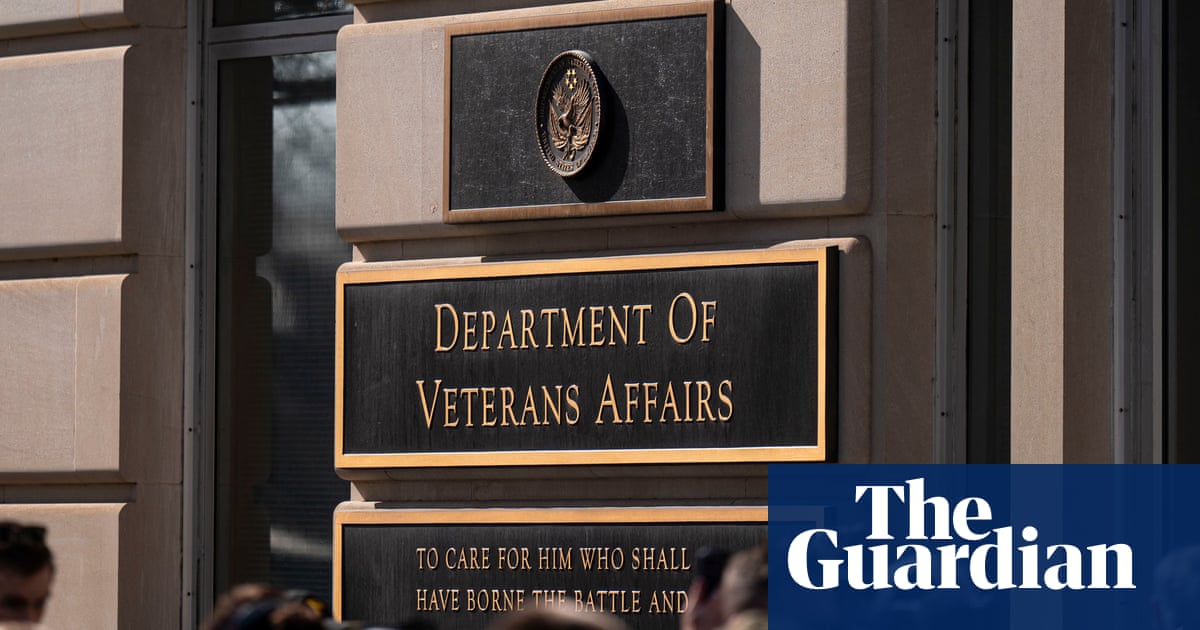The justice department moved on Wednesday to cancel a settlement with Minneapolis that called for an overhaul of its police department following the murder of George Floyd, as well as a similar agreement with Louisville, Kentucky, after the death of Breonna Taylor, saying it does not want to pursue the cases.
The move shows how the civil rights division of the justice department is changing rapidly under Donald Trump, dismantling Biden-era work and investigating diversity programs. It also comes amid pressure on the right to recast Floyd’s murder, undermine diversity efforts and define liberal-run cities like Minneapolis as crime-ridden.
Following a scathing report by the justice department in 2023, Minneapolis in January approved a consent decree with the federal government in the final days of the Biden administration to overhaul its training and use-of-force policies under court supervision.
The agreement required approval from a federal court in Minnesota. But the Trump administration was granted a delay soon after taking office while it considered its options, and on Wednesday told the court it does not intend to proceed. It planned to file a similar motion in federal court in Kentucky.
“After an extensive review by current Department of Justice and Civil Rights Division leadership, the United States no longer believes that the proposed consent decree would be in the public interest,” said the Minnesota motion, signed by Andrew Darlington, acting chief of the special litigation section of the Justice Department’s Civil Rights Division. “The United States will no longer prosecute this matter.”
Trump has generally opposed the use of consent decrees, through which the government has threatened lawsuits against police forces and then entered into reform agreements.
Harmeet Dhillon, the Trump ally who oversees the now-gutted civil rights division of the justice department, said in a statement that “overbroad police consent decrees divest local control of policing from communities where it belongs, turning that power over to unelected and unaccountable bureaucrats, often with an anti-police agenda.”
The department said it would also be ending investigations or retracting findings of constitutional violations into police departments in Phoenix, Arizona; Trenton, New Jersey; Memphis, Tennessee; Mount Vernon, New York; Oklahoma City, Oklahoma; and the Louisiana state police.
The justice department announced its decision just before the five-year anniversary of the murder of Floyd, a Black man. Then officer Derek Chauvin, a white man, used his knee on 25 May 2020, to pin Floyd to the pavement for 9.5 minutes in a case that sparked protests around the world and a national reckoning with racism and police brutality.
In Louisville, the consent degree came after Breonna Taylor, a Black woman, was killed by police when they forced their way into her apartment in 2020. Similar to Floyd, Taylor’s death sparked protests. The decree had not yet been approved by a judge.
However, no immediate changes are expected to affect the Minneapolis police department, which is operating under a similar consent decree with the Minnesota human rights epartment.
It also comes as rightwing figures have pushed for a pardon for Chauvin, who was convicted of state and federal charges. Democratic governor Tim Walz said last week that the state should be prepared for a federal pardon from Trump, but that he had no indication one was forthcoming.
“If Donald Trump exercises his constitutional right to do so, whether I agree – and I strongly disagree with him – if he issues that pardon we will simply transfer Derek Chauvin to serve out his 22-and-a-half years in prison in Minnesota,” Walz said, according to the Minnesota Star Tribune.
“So, no indication whether they’re going to do it or not, but I think it behooves us to be prepared for it. With this presidency, it seems like that might be something they would do.”
Minneapolis police chief Brian O’Hara reiterated at a news conference on Tuesday that his department would abide by the terms of the federal agreement as it was signed, regardless of what the Trump administration decided.
The city in 2023 reached a settlement agreement with the state human rights department to remake policing, under court supervision, after the agency issued a blistering report in 2022 that found that police had long engaged in a pattern of racial discrimination.
“We will implement every reform outlined in the consent decree,” Minneapolis mayor Jacob Frey said in a statement.
Louisville mayor Craig Greenberg said on X that the city would move forward with its own reform plan, despite the likely dismissal of the proposed decree. The city will take community input and select an independent monitor, putting in place accountability and transparency measures to rebuild trust in public safety, Greenberg said.
“I made a promise to our community, and we are keeping that promise with this agreement,” he continued.
Associated Press contributed reporting

 German (DE)
German (DE)  English (US)
English (US)  Spanish (ES)
Spanish (ES)  French (FR)
French (FR)  Hindi (IN)
Hindi (IN)  Italian (IT)
Italian (IT)  Russian (RU)
Russian (RU)  3 weeks ago
3 weeks ago
























Comments